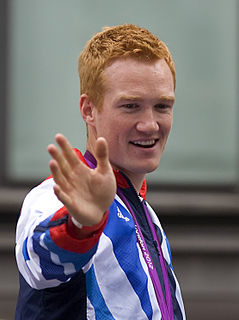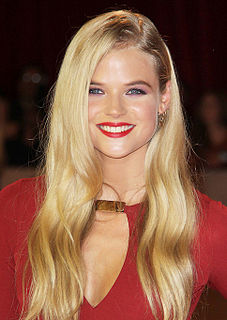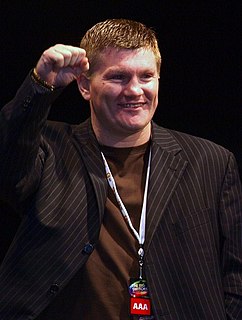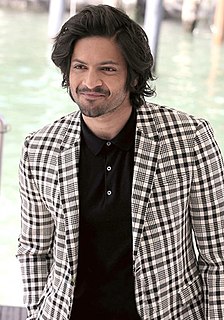A Quote by Mike Leigh
I am very happy to be part of European and world cinema as a British filmmaker.
Related Quotes
It makes me very, very happy to get someone a world title shot, which I've done with a few fighters, or a European title shot or a British title, and I see them lift that belt above their waist and they come to me and say 'Thanks Ricky. I've just paid my mortgage off with that.' That's what its all about.
I think Britain's economy has done extremely well from having the influx of talented people from around the world and from having an influx of people from the rest of the European Union. It's both evidence of how strong the British economy was - that's what drew people in - but it's also part of what's making the British economy work.




































